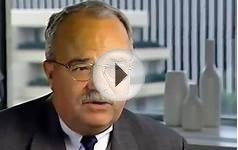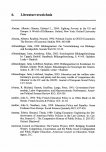H.E. Vanneur Pierre discussed the Ministry’s Operational Plan for education reform with the international community. He refers to education as, “the most important sector in need of re-engineering” in post-earthquake Haiti saying, “This is the task to which I have relentlessly devoted myself.” In a country recently devastated by four hurricanes and a major earthquake and in which 50% of the population is under the age of 18, education their children is a priority. The goals of the Operational Plan 2010-2015 are comprehensive for all levels of education and include providing every child in Haiti with the opportunity to attend school for free and to provide a hot meal for every child while they attend. The Plan has been in existence for three years now, yet progress has been slow. The Minister reminded everyone that public education reform “relies upon cooperation between national and international expertise, in an institutionalized setting.” The international community must understand that true reform must come from the Ministry of Education and the Government of Haiti must have the capacity to lead all efforts and expenses related to Haiti’s educational system. “Haiti is ready to take responsibility, ” he boldly claimed, with a passion for change that cannot be denied.
On Thursday, February 7th 2013, participants gathered to learn the details of the progress, promise, and challenges of education reform in Haiti. The event was hosted at the Wilson Center by the Program on America and the Global Economy (PAGE) and the Latin America Program (LAP). The discussion featured H.E. Vanneur Pierre, the Minister of Education for Haiti, as well as Paul Vallas, a former distinguished scholar at the Wilson Center, expert on education reform, and lead education consultant for the Government of Haiti. The event was moderated by Kent Hughes, director of PAGE at the Wilson Center.
You might also like

The Hope of Public Education in America

Education in America: A Public Right Gone Wrong? (PBS, 2000)





